The report conducted by the Amárach consultancy for Vodafone Ireland, entitled Connected Futures: Bridging Ireland’s Urban-Rural Divide, has highlighted the varied distribution of broadband around rural Ireland.
While some areas receive as high as 90% broadband penetration, some 20% of people from the countryside surveyed say they cannot access broadband at all.
Despite the poor connectivity, the report shows that people in rural Ireland are still embracing digital technology, Anne O’Leary, chief executive of Vodafone Ireland told the Irish Farmers Journal.
"Whether it's connecting with friends and family, online shopping, banking, people are using it, so that's very optimistic. However, what they are also telling us is that they want better quality, better speeds, and more of it.
It's a bit like the electification of Ireland, and I think it's a right for everyone to have access to highspeed broadband
"I think there's an opportunity for government, local communities and businesses like Vodafone to work together to look at that solution, and obviously the government's National Broadband Plan is key to this. We want to ensure that the technology for this is future-proof, of the highest quality and highest speed. It's absolutely key for farmers, for them to be more efficient, more productive, and more profitable. It's a bit like the electification of Ireland, and I think it's a right for everyone to have access to highspeed broadband," she said.
Listen to interviews with Ann O'Leary and Gerard O'Neill, chairperson of Amárach, in our podcast below:
The survey also details people’s current experiences with the broadband service, with the importance of broadband in relation to work highlighted.
Business hindered
The report concludes that of the estimated 1.8m broadband users in rural Ireland, nearly one in four use the internet at home in relation to their work. Sixty-nine per cent of micro businesses believe the lack of broadband hinders the business and their employees working efficiently, while 30% say that slow and unreliable internet speeds currently prevent them or family members from working from home.
Broadband speed was criticised, with 24% of respondents claiming their broadband was too slow and 20% of people said they were forced to go to venues outside of their home to access adequate broadband.
Eighty-one per cent of people believed they should not have to pay extra to access higher speed of broadband, though 41% said they would be willing to do so.
Scale of the challenge
Welcoming the publication of the report, Minister for Regional Development, Rural Affairs, Arts and the Gaeltacht, Heather Humphreys said: “This report provides an important insight into the impact connectivity has on the lives of people in rural Ireland. The results underline the benefits of high speed broadband, while also highlighting the scale of the challenge we currently face in improving connectivity in rural areas.”
This report was released this Wednesday, just weeks after further delays were announced in the government’s National Broadband Plan. The plan is now expected to be stretched out to 2022 before 100% of homes in Ireland will receive high-speed broadband.
Vodafone has teamed up with ESB Networks to compete for the government tender to roll out the National Broadband Plan through their joint venture Siro. The other bidders are Eir, Imagine, Gigabit and E-Net.
Delay in rural broadband highlighted by 90 broadband blackspots



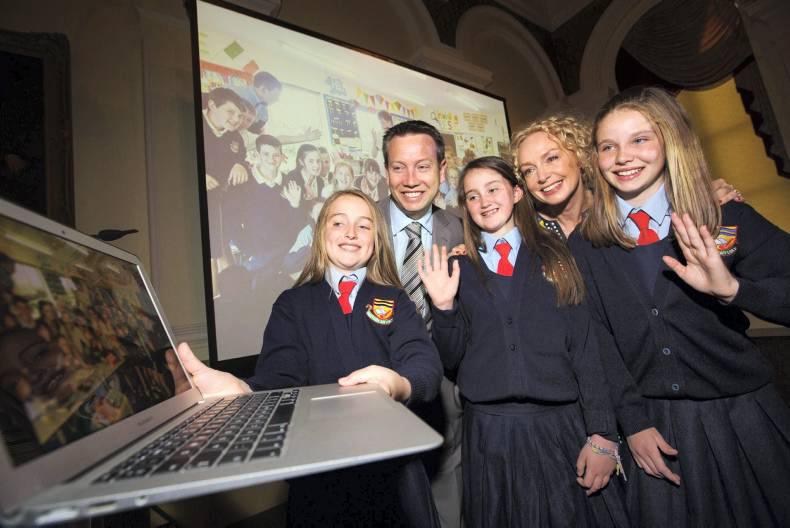
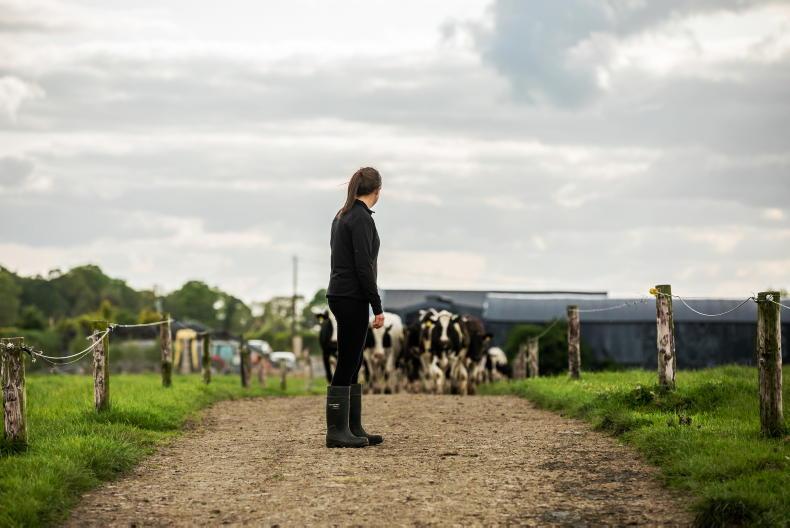
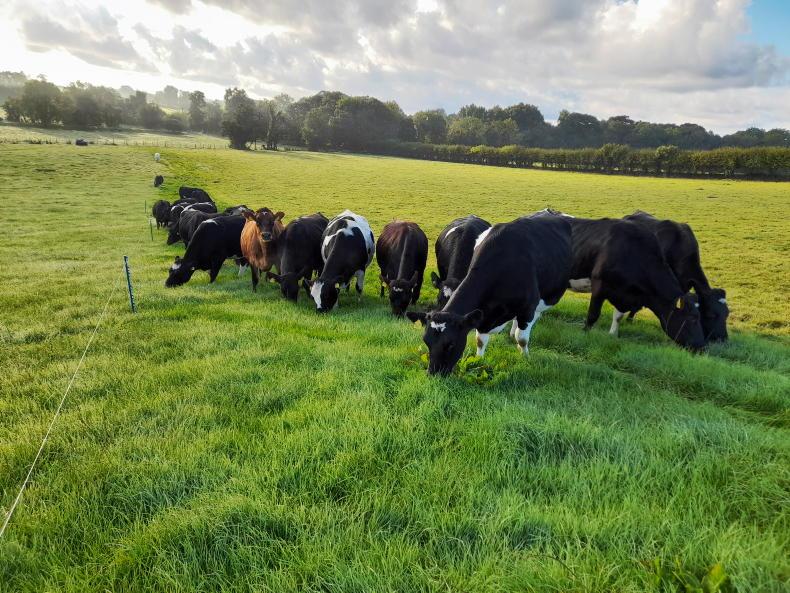
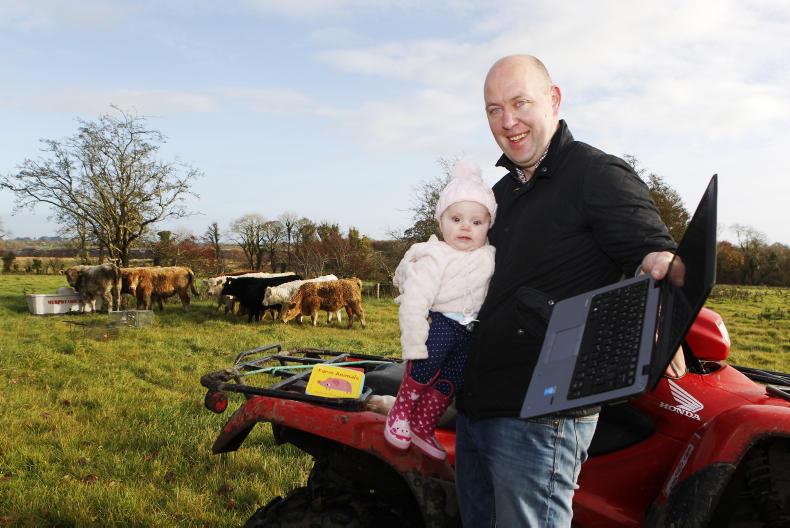
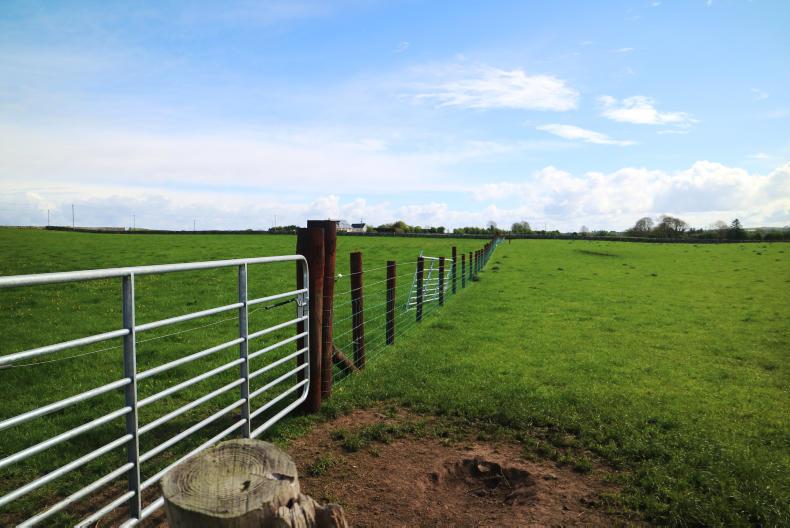
SHARING OPTIONS